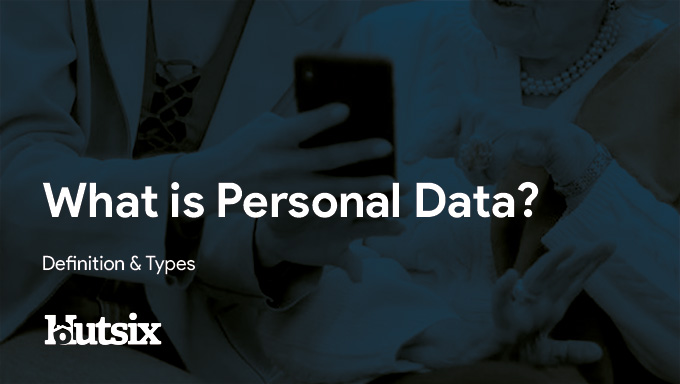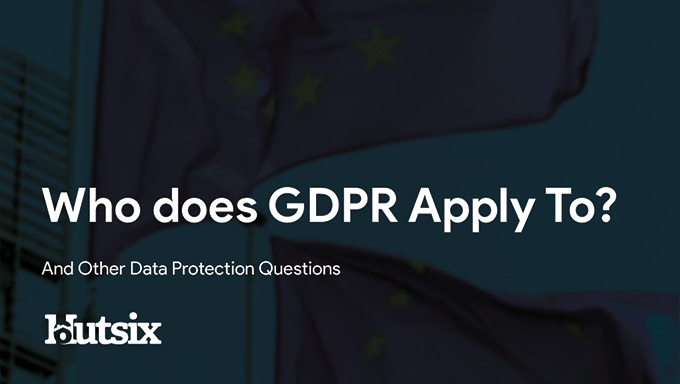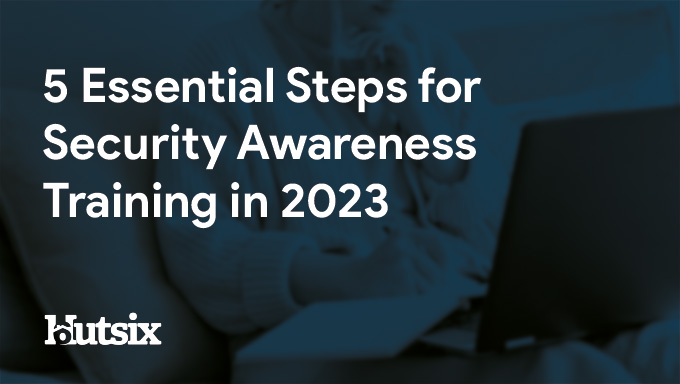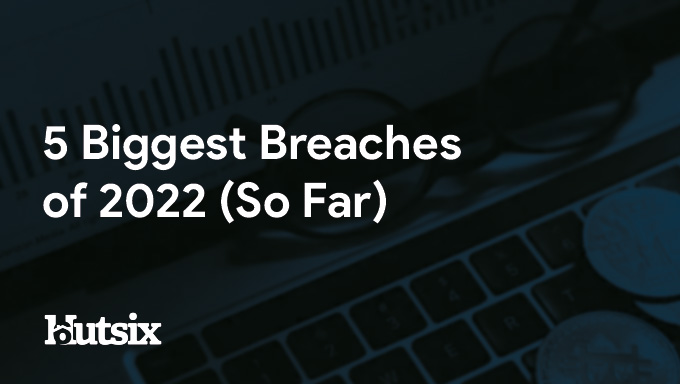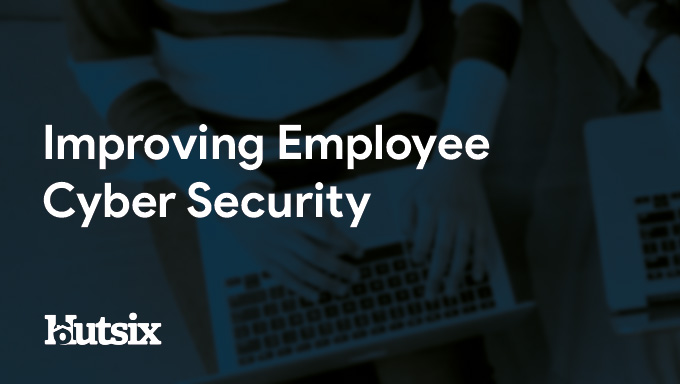Security Awareness Training for Public Sector Employees
Here’s the thing, cybercriminals love an easy target. And right now, UK councils are looking a little too appealing. With tight budgets, legacy IT systems, and thousands of public-facing staff, it's no surprise that local authorities are in the firing line. When an attack hits, it’s not just inboxes that go down. We’re talking housing applications, benefit payments, care services, all frozen. The impact isn’t theoretical. It’s painfully real.
But you’re not powerless. In fact, your people are your biggest asset. With the right security awareness training, your staff can go from cyber liability to frontline defenders. This article shows you how to make that happen, without boring your team to tears or relying on fear tactics.
Why Councils Are Prime Targets
You'd think hackers would go after big banks or flashy tech firms, right? But more and more, they're aiming their sights at councils. Why? Because local authorities hold goldmines of sensitive data, housing details, medical records, payment info, and often lack the resources to defend them properly.
And the attackers know it.
According to the UK's National Cyber Security Centre, the public sector faces a persistent and evolving threat from phishing and ransomware. Councils in particular sit in a tough spot. With ageing infrastructure and overstretched IT teams, they're trying to hold the digital fort while delivering critical services to the public.
Let's be honest, staff aren't always cyber-savvy, either. Most aren't hired for their technical skills. They're admin workers, social care providers, housing officers. People who just want to do their job. So when a suspicious email lands in their inbox, they might not spot the signs until it's too late.
Add in the rise of business email compromise (BEC), where attackers pose as senior staff, and the pressure ramps up even more. All it takes is one click, and suddenly, you're in crisis mode.
So yes, councils are a prime target. But that just makes building resilience even more urgent.
Security Awareness That Actually Works (and Doesn't Bore Everyone)
Let's be honest, most training is dull. Tick-box modules, corporate jargon, endless slides. It's no wonder staff tune out before the first video ends. But when it comes to cyber security, disengagement isn't just frustrating. It's dangerous.
So, what if training wasn't something your team had to endure, but actually enjoyed?
That's the idea behind Hut Six's approach. Instead of dumping dry facts, we build short, engaging modules that feel like stories. Each lesson is built around real-world situations your staff might actually face: a dodgy-looking email from the CEO, a misplaced USB stick, a rushed GDPR decision.
And because our content evolves in seasons, staff aren't stuck watching the same tired clip year after year. It stays fresh, relevant, and, dare we say, enjoyable.
Read More: What is the Impact of Security Awareness Training?
Here's the difference: when people see themselves in the training, they care more. They remember more. And they're more likely to act when it matters. It's not about overwhelming staff with technical knowledge. It's about helping them feel confident, not confused.
Security awareness training that works isn't flashy. It's human.
The Role of Phishing Simulations in Building Smarter Staff
Phishing is still the number one-way attackers break into systems. Not because it's clever, but because it works. And while firewalls and filters help, nothing beats a well-trained human who knows how to spot the bait.
That's where phishing simulations come in.
Now, we get it, nobody wants to feel tricked or shamed. Traditional tests can feel like gotchas, designed to catch staff out and wag a finger when they slip up. At Hut Six, we do things differently.
Our phishing simulator is built to teach, not punish.
If someone clicks a link or enters their details during a simulated attack, they don't get called out in front of their team. Instead, they get instant, on-the-spot feedback. A quick lesson that explains what happened, why it mattered, and what to watch for next time. No judgement. Just better awareness.
Plus, our three-stage attacks don't just stop at the open. We track clicks and form submissions, giving you real insight into where the risk really lies. It's clear, measurable progress, not just a pass/fail report.
The goal isn't perfection. It's progress. And that starts with giving people the space to learn without fear.
Compliance Made Simple: GDPR, ISO 27001 and Beyond
Nobody gets into local government for the thrill of compliance paperwork. But when you're handling personal data, following the rules isn't optional, it's essential. GDPR, ISO 27001, public records policies, they all expect one thing: that your people understand their role in keeping information safe.
And here's the good news: security awareness training doesn't have to feel like legalese.
Hut Six's platform is designed to make compliance painless. Our modules break down complex concepts, like data minimisation or secure processing, into real-world examples that actually make sense. No need for a law degree, just clear, relatable guidance your team can act on.
Even better? You'll have audit-ready records at your fingertips. Training progress, completion rates, phishing results, it's all logged in one place. So, when your DPO or external auditor comes knocking, you're covered.
Learn more about our brand-new AI tutorial now!
Whether you're chasing ISO certification or just trying to stay on top of mandatory training, we help you tick the boxes, and genuinely improve staff awareness while you're at it.
Because the best compliance strategy is one that also builds resilience.
Culture Shift Starts With Trust, Not Blame
You can't scare people into better behaviour. Sure, you can lock systems down and send out warnings, but if your team is afraid to report a mistake? That's when real damage happens.
In public sector environments, especially councils where teams are stretched, and services are vital, psychological safety matters.
If someone clicks on something suspicious, they need to feel safe enough to speak up, not worry they'll get thrown under the bus. That shift, from fear to openness, is what turns a group of employees into a security-aware culture.
Security awareness training helps lay the groundwork. It signals that you're not expecting perfection, just progress. That learning is encouraged, and support is there when needed.
At Hut Six, we design our tools to reinforce that message. Instant feedback, non-judgemental tone, progress tracking instead of penalties, it all adds up to a more trusting, capable team.
And here's a truth worth remembering: the strongest security cultures aren't built in IT rooms. They're built in everyday conversations, mistakes owned, and lessons shared.
Ready to Level Up Your Council's Defences?
Cyber threats aren't slowing down, and councils can't afford to play catch-up. But with the right training, your people don't have to be the weakest link. They can be your greatest line of defence.
Hut Six offers a security awareness platform built for real organisations, not hypothetical ones. Short, story-driven training that people actually remember. Ethical phishing simulations that teach without punishing. Built-in support for GDPR, ISO 27001, and whatever audit is around the corner.
No scare tactics. No buzzwords. Just a better way to build cyber resilience across your council.
Want to see it in action?
Start a free trial or book a demo today. No pressure, just a simple next step toward a smarter, safer team.
Security Awareness for your Organisation
Enjoyed our blog? Learn more about how Hut Six can help improve you security awareness with training and simulated phishing. Start a free trial now, or book a meeting with one of our experts.
Featured
What is the Impact of Security Awareness Training? - Hut Six
Discover the Impact of Security Awareness Training: Prevent breaches, foster culture, & build trust.
What is Personal Data?
Learn about personal data, its types, and significance in data protection. Explore general and special category data, as well as pseudonymised and anonymised data under the GDPR.
Who Does GDPR Apply To?
Who Does GDPR Apply To? And Other Data Protection Questions/ Information Security blog by Information security awareness provider Hut Six Security.
Does ChatGPT Pose a Cybersecurity Risk
In this blog post, we explore whether AI chatbots like ChatGPT pose a cybersecurity risk. We delve into the potential vulnerabilities and threats posed by chatbots, and discuss measures that can be taken to mitigate these risks. Read on to discover how you can ensure the security of your organisation's chatbot interactions.
How Do I Get Cyber Essentials Certified?
Learn how to obtain Cyber Essentials certification and enhance your organization's cybersecurity posture with our comprehensive guide. Our expert insights will help you navigate the certification process to meet the requirements for Cyber Essentials.
Essential Steps for Security Awareness Training
Starting a security awareness training campaign? Here are 5 essential steps to help ensure information security success.
Malicious Insider Threats - Meaning & Examples
Malicious insider threats can cause massive problems. Here we examine some of the motivations behind attacks and methods of detection organisations can use to reduce risk.
5 Biggest Breaches of 2022 (So Far)
Five of the biggest and most significant data breaches, hacks, and information security attacks of 2022 (so far).
Auditing for GDPR Compliance
Questions to consider when auditing your business or SME for General Data Protection Regulation (GDPR) compliance.
Improving Employee Cyber Security
With human error responsible for many breaches and attacks, we offer some helpful areas for improving employee security compliance.




